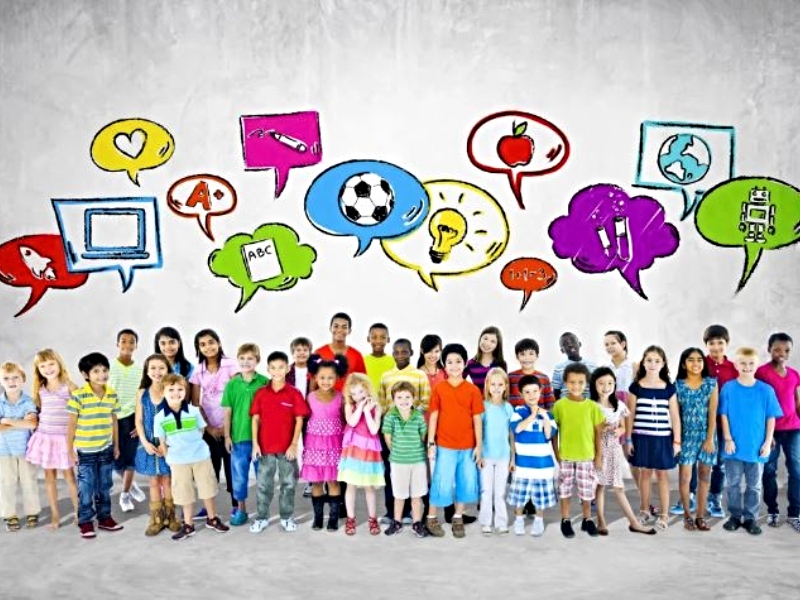Do you remember your child’s first day of school? You probably felt a mixture of pride and worry. Pride that your child was reaching such a big milestone; worry because you wanted your child to make friends, fit in and succeed.
It’s the same scenario for refugee families. They want the best for their children and they want their children to get an education. But for refugee children, there are additional challenges. Some of them have never seen the inside of a school, for example.
At Reception House and Welcome House, our Children’s Program helps prepare children for school. Faten Al-Athari, one of our Children’s Program workers, explains the program.
Q. What’s the goal of the children’s program?
A. Our goal is to ease the children’s transition into the community by providing them with some initial understanding of their new surroundings so they can start feeling accepted. We want to channel children’s mental, spiritual, and emotional energy in constructive and beneficial ways and to ease their transition into a classroom.
Q. How do we help prepared them for school?
A. We teach the children classroom behaviours and manners through many activities such as arts and crafts and games. Many children come from backgrounds where they have not experienced simple activities such as painting or building sculptures with clay. In the Children’s Program, they are introduced to many new activities that will give them the experience they need when they enter a Canadian classroom so that they feel included and not out of place.
The Children’s Program also works with children on learning the basics of English and Math. Many children arrive with little to no English, but through verbal lessons and worksheets, children are able to leave the Children’s Program with basic knowledge of English. This includes learning their numbers, colours, body parts, self-introduction, asking to use the bathroom, asking for water, etc.
We also take the children on many outings such as to museums, Parliament Hill, the library, YMCA, and seasonal events (Winterlude, the Tulip Festival, Children’s Festival). This allows the children to learn more about Canada and the area they live in as well as giving them experiences that will help them feel like they belong.
Q. What’s a typical day like in the Children’s Program?
A. We try to do new activities every day. At least once a week we will do English and Math worksheets, the children will also get to use tablets once a week. If the weather permits, we try to go out once a week as well. For the rest of the day, we do in-class activities such as arts and crafts, play games, and watch a movie. For example, recently the children began a new art project using popsicle sticks to make a house and a train. The children worked on that for two hours, and then for the final hour of the class we played some games such as bingo, Uno, and snakes and ladder. Today, the children came in and continued their house and train project and then watched a movie.
Q. What are some of the challenges for the children?
A. There are many challenges and it varies depending on their ethnic background, the countries they come from, and what experiences they have had. One of the main challenges is behaviour. There is a significant number of children who come with no experience of being in school. They are most likely to struggle a bit in the classroom. They usually don’t know how to properly interact with other children and their teachers. However, with help from the teachers, they eventually learn proper classroom manners. It takes about a week or two for them to learn and adjust.
Another challenge many of the children face is language. Many children arrive with little to no English. However, after a few weeks the children learn the classroom routine and can usually guess what is being asked of them. They also begin to learn simple words and phrases such as “may I please go to the bathroom” or “may I please go drink water.” By the time the children leave the Children’s Program, they are able to understand and speak basic English to help them get by when they start school.

